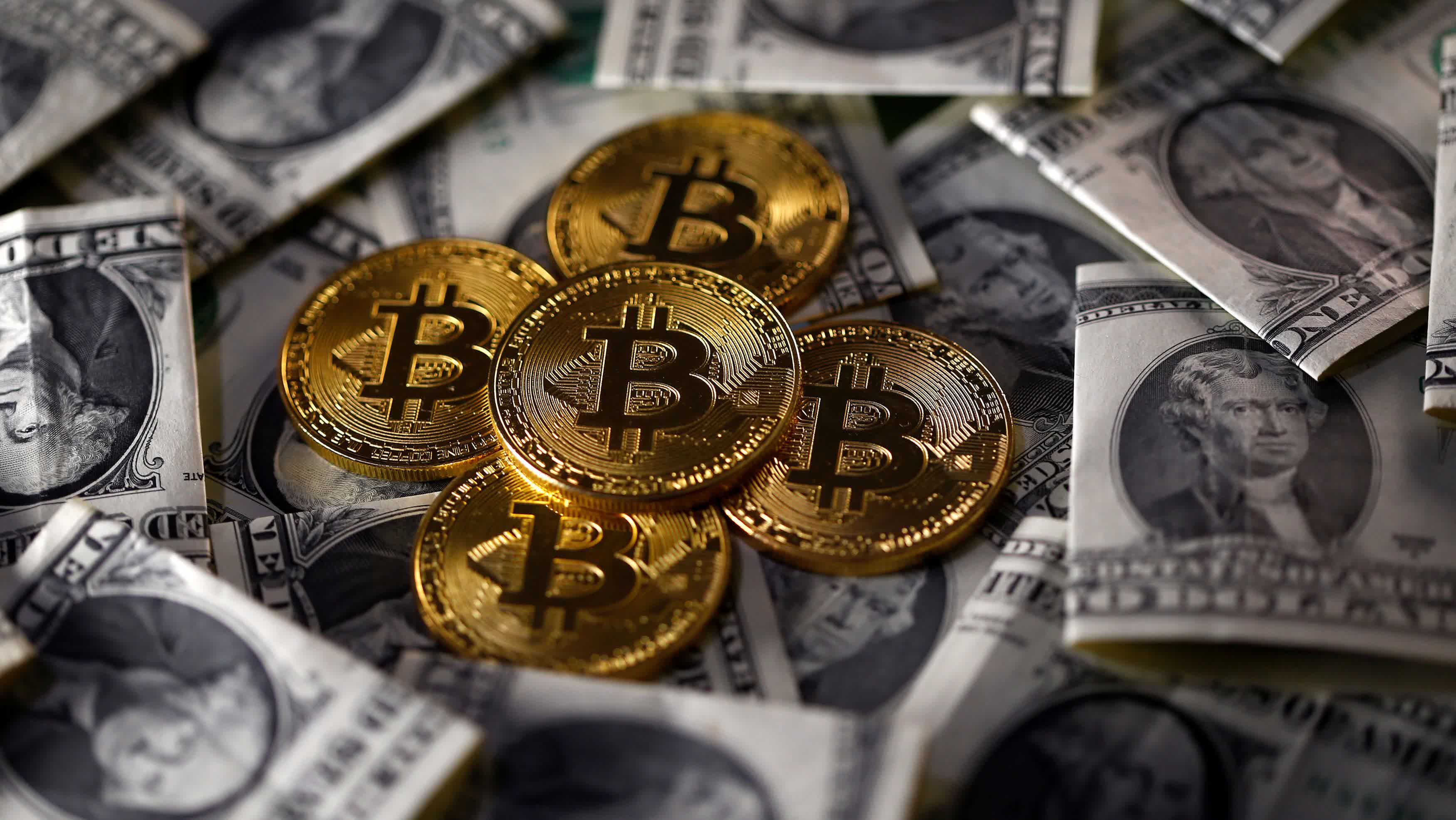Why it matters: El Salvador is officially the first country to adopt Bitcoin as an official currency, an event that is viewed with equal amounts of excitement and anxiety by Salvadorians, economists, and supporters of cryptocurrency. This is the boldest Bitcoin experiment to date, as its results could make or break the Central American nation's financial recovery.
When the tiny country's plans first transpired earlier this year, many viewed the move as risky due to Bitcoin's volatile nature that makes its value swing on seemingly benign comments or news that regulators around the world are coordinating a crackdown on cryptocurrencies and eroding their potential as a means to store value or perform financial transactions.
Today, Bitcoin became an official currency for El Salvador alongside the US dollar, only a few months after adopting it as a legal tender. Excited about the move, President Nayid Bukele tweeted that his country is "making history" and that it now has 400 Bitcoins in its reserves – the equivalent of $20.5 million as of writing. He also noted that the country's brokers will buy many more Bitcoins over time.

The excitement around the move hinges on the hope that migrants who send money back to their families in El Salvador can now do so more easily and cheaply than before. Almost three-quarters of the working population doesn't have a bank account, at least according to Strike, the company that provided the required infrastructure for Bitcoin transactions. Salvadorians can now download the "Chivo Wallet" on their phones for quick money transfers, but not all of them want to, and some are actively protesting the country's decision to embrace Bitcoin.
People who oppose the use of Bitcoin in the country believe it will cause even more economic inequality and put the livelihoods of poor people in danger due to the unstable value of the cryptocurrency. On the other hand, Bukele is convinced that more people will come around to the idea over time. Businesses are now required to accept Bitcoin in exchange for goods and services, and Salvadorians can also use it for tax payments. To encourage its use, the El Salvador government even made an exception that conversions between Bitcoin and the US dollar won't be subject to capital gains tax.

If this bold experiment proves successful, it has the potential to change the way we view cryptocurrencies. At the same time, many Salvadorian businesses are having a hard time adopting Bitcoin on such short notice, and Moody's Investors Service recently pushed the country's debt rating further into junk territory, warning the latest move could affect the government's ability to repay creditors in the near future.
